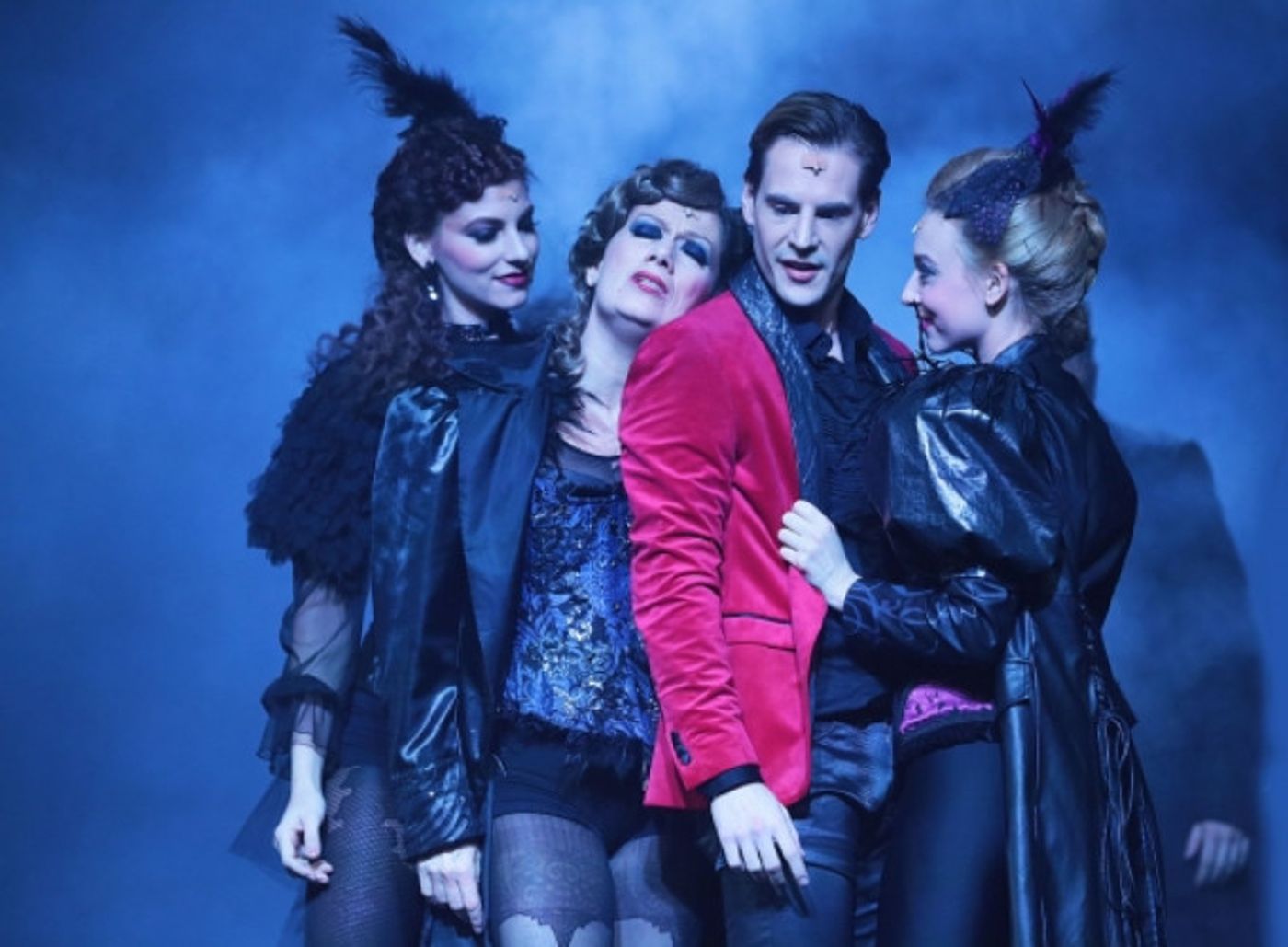Review: THE HUNCHBACK OF NOTRE DAME/DORIAN GRAY at Budapest Operetta Theatre

A Beauty and a Beast - Musical Nights in Budapest
Budapest Operetta Theatre is one of the most important venues in Budapest when it comes to musical theatre. Its huge repertoire ranges from classic operetta (The Merry Widow or The Riviera Girl aka Die Csárdásfürstin) to modern musicals (mostly Sylvester Levay pop-musicals along with some classical show tunes). Two of the brand-new musical productions from the theatre deals with the ever-lasting questions of good and bad, or to rephrase it, which is the more important, the outer appearance or the inner good?
The Hunchback of Notre Dame is a well-known piece of musical theatre. Alan Menken's score has everything: dramatic depth, hummable melodies, great solos and opera-like ensembles. The story is mostly Victor Hugo's and differs vastly from the classic Disney animated movie with the obligatory happy ending.
The Hungarian production has a lot of things to offer. Scenic design is impressive, the direction of Kero is professional. The central performers, especially Tamás Veréb (Quasimodo) and Petra Gubik (Esmeralda) have fine voices. What they lack a little is dramatic involvement; they seem to perform on one of the evenings like any other. One exception is the veteran musical theatre actor, György Szomor, who gives a performance of his lifetime. His Claude Frollo is a real sinister.
Comparing to the Menken/Schwarz musical's darker than average tone, Dorian Gray, the Hungarian retelling of Oscar Wilde's novel is a real horror story. This compelling piece of musical theatre was written in 1990 by the composer Mátyás Várkonyi and lyricist/librettist János Ács and Gunar Braunke. The score uses Leitmotivs, just like Menken's musical, but as a whole, this is a more serious (and mature) piece of the genre. Not an easy listening at all.
Attila Réthly's heartfelt direction underlines the dramatic parts of the score perfectly. His task was not easy, to say the least, as the chamber theatre where this musical was performed seems to be totally inappropriate for this mission. Miraculously, the tiny stage, and the proximity of the audience (or the performers, depending on where you are situated) serves the production well.
The involvement of the players, soloists and ensemble alike, is admirable. Dénes Kocsis seems to be born to play the title hero. His voice is mellifluous, his acting has real depth. Almost equally good is Zsolt Homonnay (himself also a Dorian Gray, from 28 years earlier) as Lord Henry and Petra Gubik as Sybil.
One thing is for sure: you cannot go wrong with either of the shows if you want to investigate musical theatre in Budapest.
Reader Reviews
Videos

